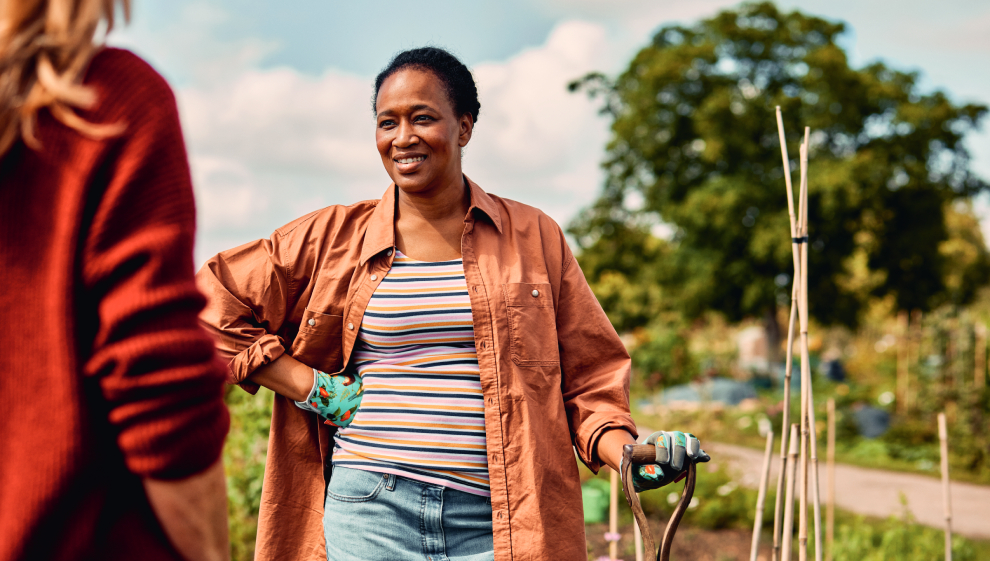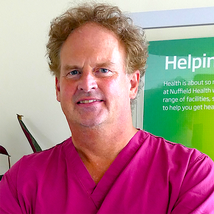Knee pain symptom checker
- Overview
Why do I feel knee pain when I exercise?
If you’re under the age of 50 and you feel sudden knee pain when you exercise, you probably have a sprain or a strain. Symptoms include tenderness and swelling, and you may not be able to put weight on the injury or use it normally.
If you’re over 50 and you feel sudden knee pain, it’s more likely that it’s a sign of arthritis. Exercise can trigger symptoms of arthritis that are already present in the knee but haven’t yet been identified. Your doctor may book you in for X-rays if they suspect you have arthritis.
Why does my knee hurt when I bend or straighten my leg?

If your knee hurts when you get off the toilet or get out of a car, for example, you may have an inner knee injury. Your knee may feel as if it’s about to give way, or it may lock (get stuck) or catch when you bend your leg.
If you’re under 50, your knee pain may be caused by a tear that has resulted in a jagged piece of tissue getting in between the joints.
If you’re over 50, it may be caused by the onset of arthritis in the kneecap. Your doctor can help identify arthritis by excluding other issues that can send pain to the knee, such as back or hip problems.
Why do I have pain behind my knee?
Pain behind the knee may be caused by several things, from age or the presence of osteoarthritis or rheumatoid arthritis, to a knee injury or an infection in the joint.
If you’re under 50 and your pain is in the crease at the back of your leg behind the knee, it may be the result of an injury, such as a hamstring or other knee-related issue.
If you’re over 50 and you have a creaking, squeaking pain behind the kneecap, or a cyst on the crease at the back of your leg behind the knee, it may be arthritis. Again, your doctor can help identify arthritis by excluding other issues.
Why does my knee ‘pop’?
If you play sports, your knee may pop because you’ve damaged:
- a cruciate ligament – tissue that links the femur (thigh bone) and tibia (shin bone)
- the meniscus – ‘shock absorbers’ in your knees, made from cartilage, that provide a cushion between your femur and tibia.
If you’re over 50, then your knee may pop due to arthritis. As cartilage lining roughens and thins, bony spurs called osteophytes can form and eventually the rubbing of bone on bone results in a ‘popping’ sensation.
When should I see a doctor about knee pain?
If you’re under 50, you should see a doctor about knee pain if:
- you have severe knee pain because of injury
- You can't put weight on your knee
- Your knee looks abnormal (for example, the kneecap has moved to one side)
If you’re over 50, you should see a doctor about knee pain if:
- it’s causing you pain at night
- it affects your day-to-day activities and quality of life
- you already know you have arthritis and you experience a flare-up of pain
How to beat knee pain
If the problem persists, it’s a good idea to consult with your GP, who may ask you to fill in a questionnaire to help decide the best course of treatment.
There are many treatments available, but it may not come to that; knee pain can often be treated with rest and an ice pack. So stay positive, because many knee injuries will get better on their own.
How can a physiotherapist help?
A qualified physiotherapist will carry out a thorough assessment of your range of motion and areas that are painful.
If you suspect you’ve injured your knee or are having a chronic pain flareup, a physiotherapist will put together a tailored set of exercises to help build the joint back stronger over time.
- Suffering with knee pain? Click here to find a physiotherapist near you.
Nuffield Health free Joint Pain Programme

At Nuffield Health, we’ve helped thousands of people understand and treat their chronic joint pain using our free 6-month joint pain programme.
The programme helps you:
- engage in regular low-impact exercise
- understand more about why you experience chronic joint pain
- eat foods that can promote healthy joints
- learn about relaxation techniques to help you deal with pain
- make sure you’re getting enough good quality sleep.
Interested in long-term pain relief? Click here to learn more and sign up.
Last updated Thursday 28 September 2023
First published on Friday 3 January 2020

